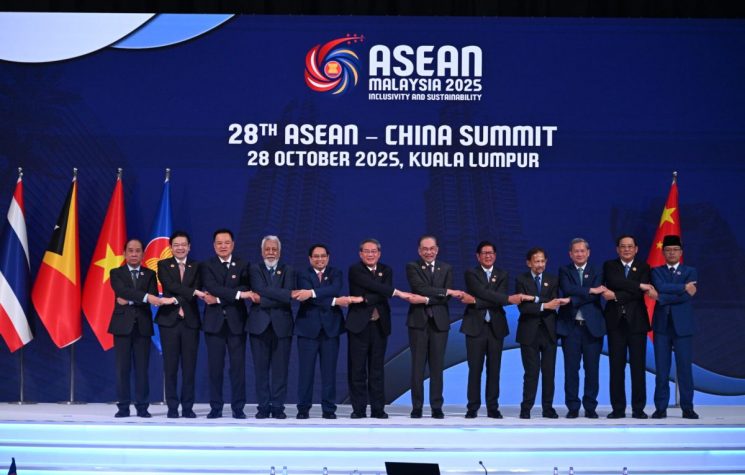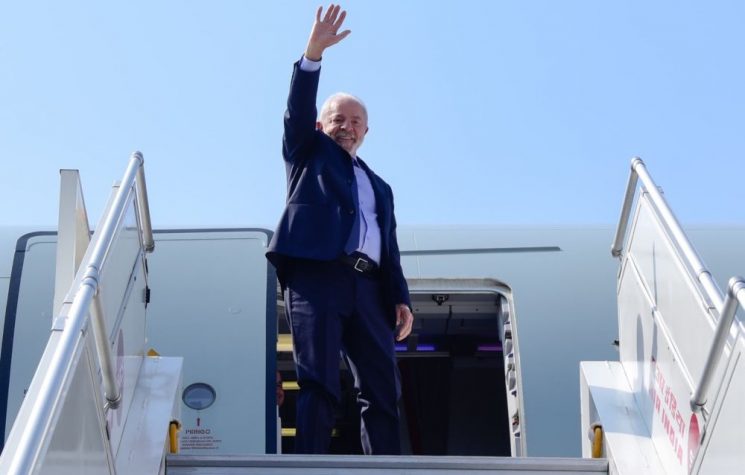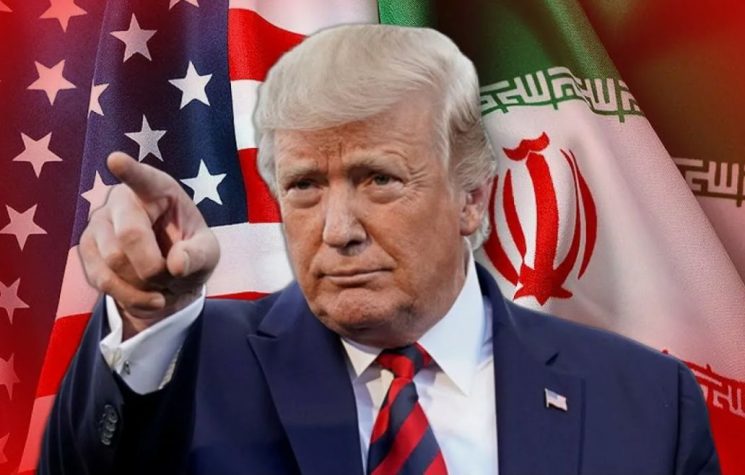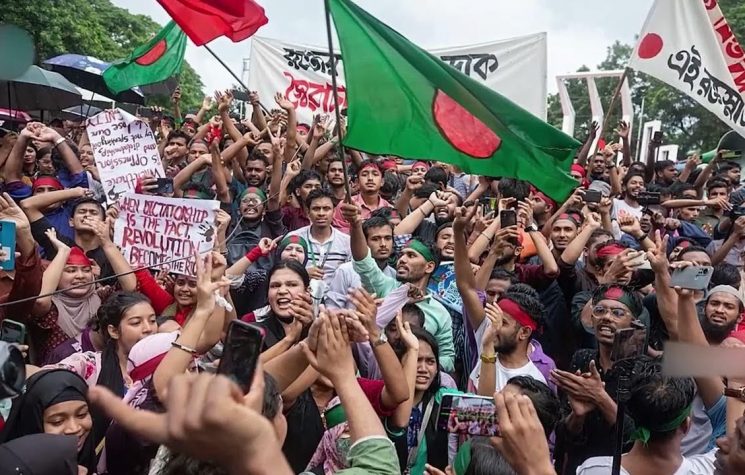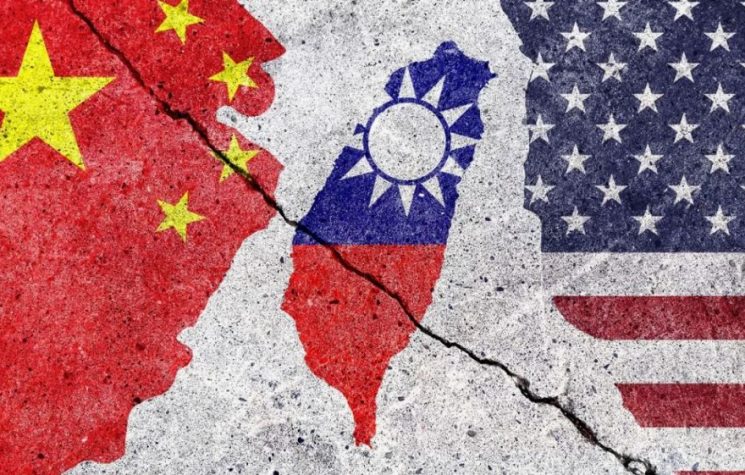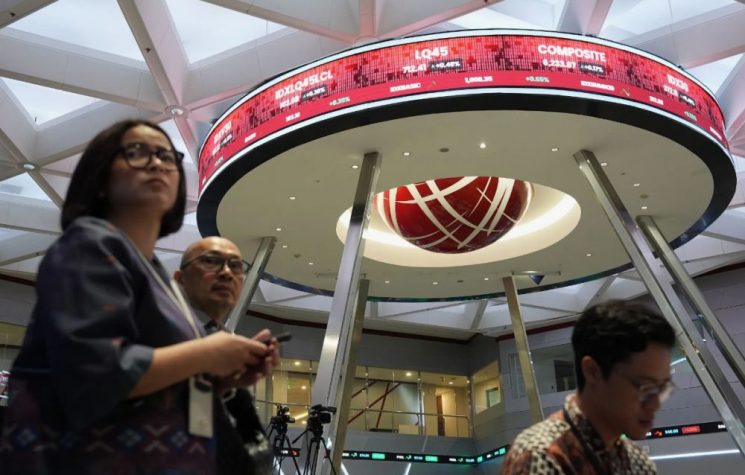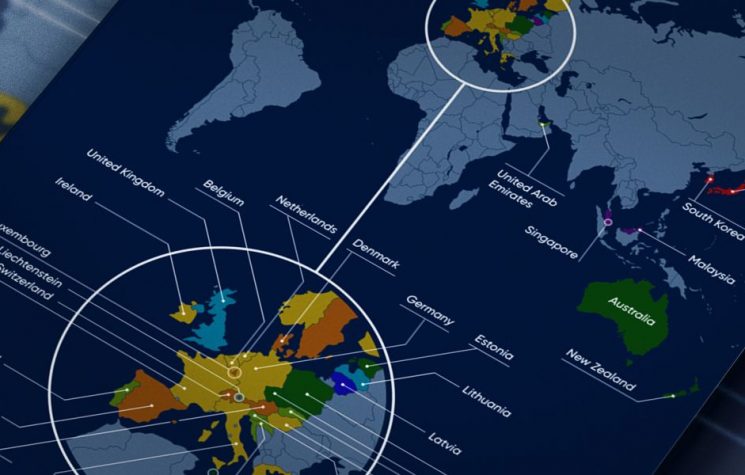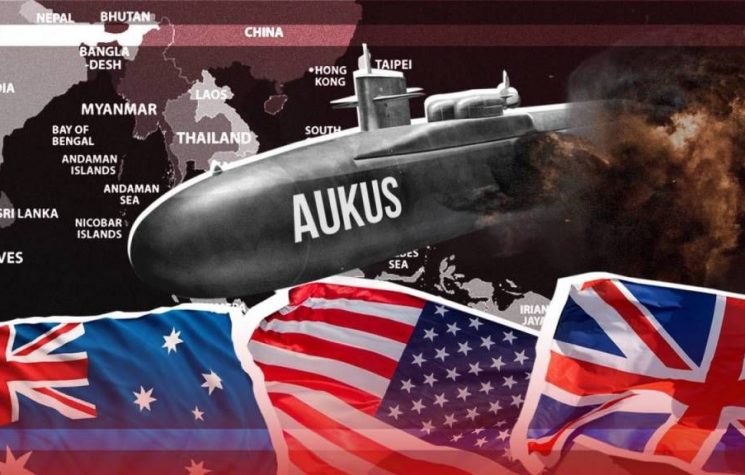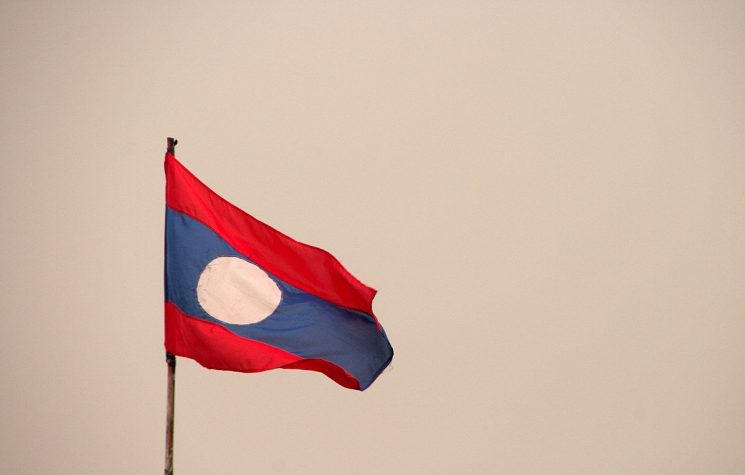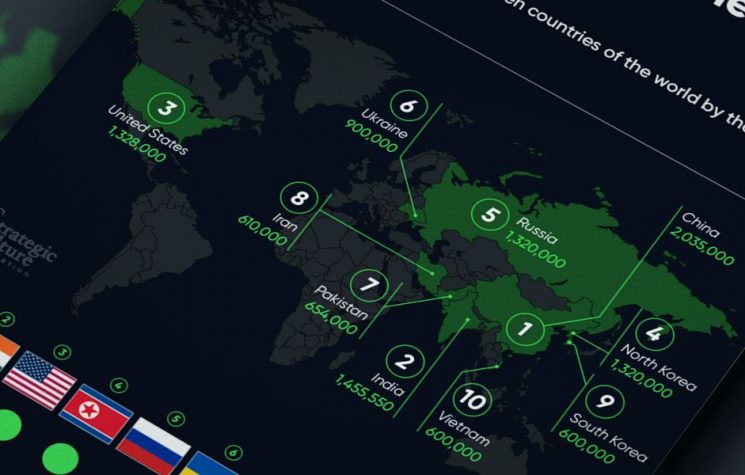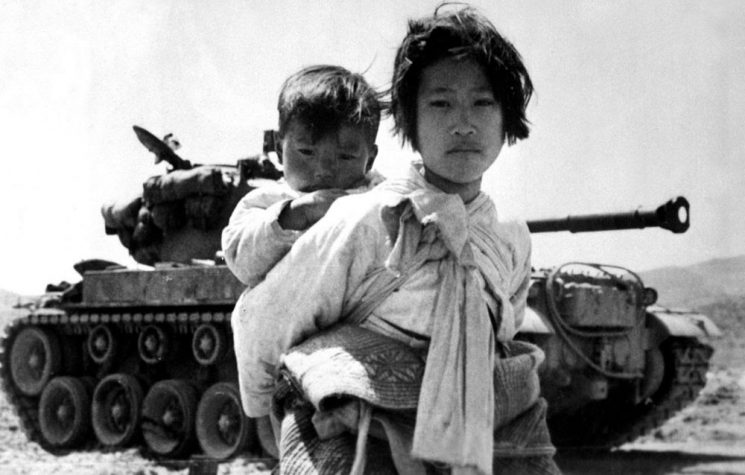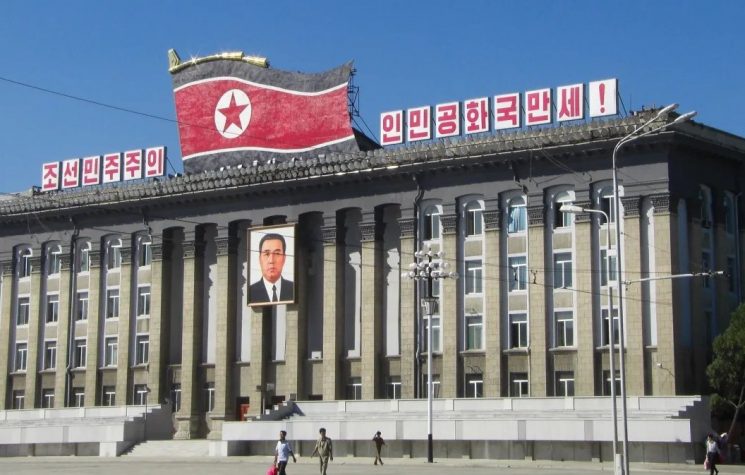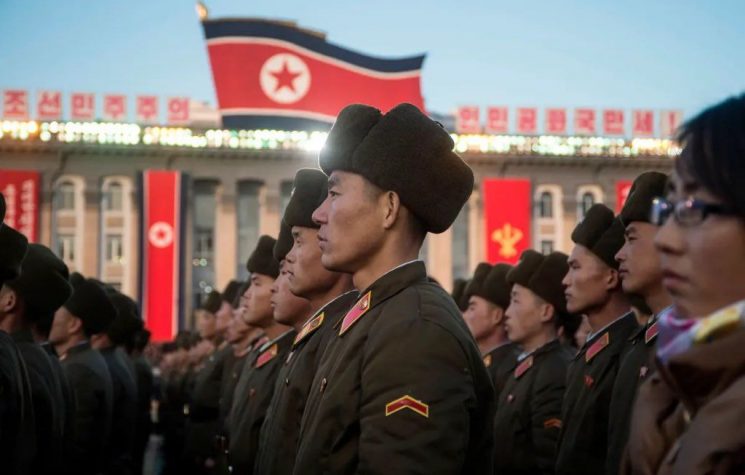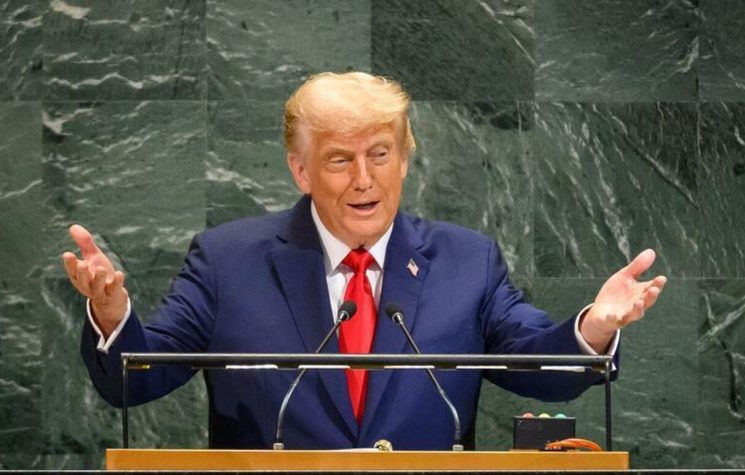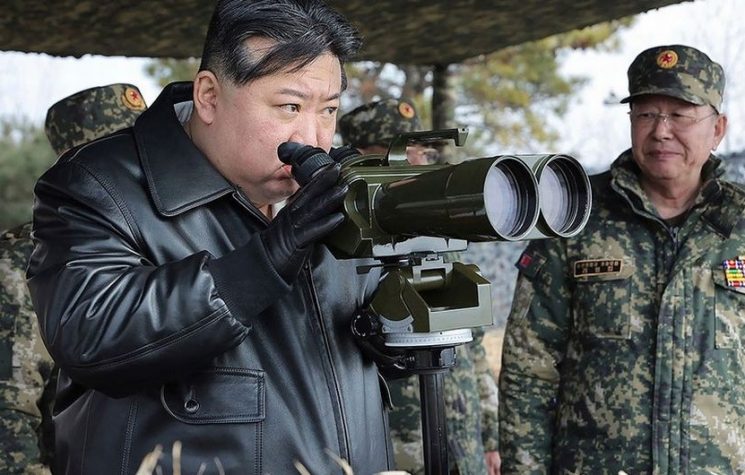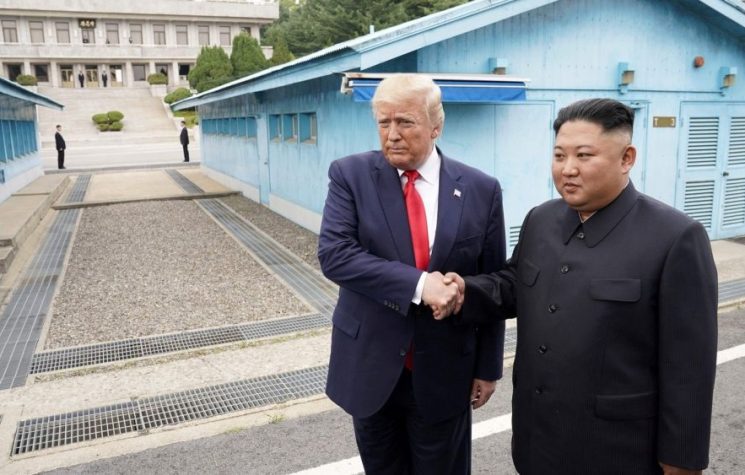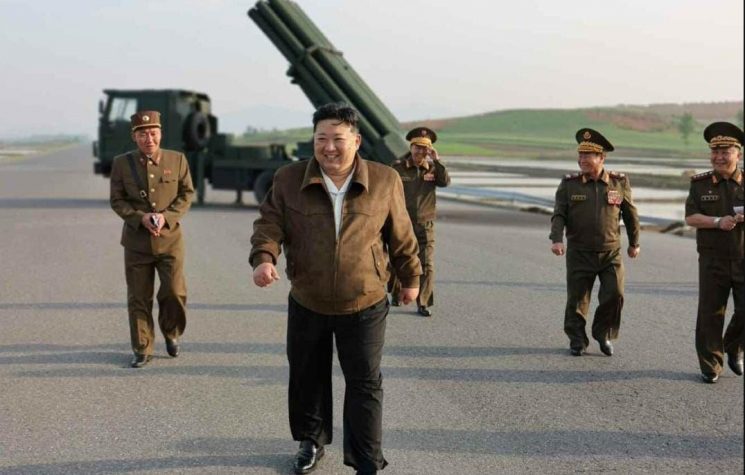North Korea is not proof of the theory of “socialism in one country”, but rather of the need for permanent revolution, Eduardo Vasco believes.
❗️Join us on Telegram![]() , Twitter
, Twitter![]() , and VK
, and VK![]() .
.
Contact us: info@strategic-culture.su
Despite the contradictions in the development of the revolution and the Korean Workers’ State, the North Koreans demonstrated countless times, throughout the second half of the 20th century, the validity of the theory of permanent revolution.
While the Soviet bureaucracy deepened the failed policy of “socialism in one country” with the doctrine of “peaceful coexistence” with imperialism and the continued boycott of the world revolution, the North Koreans preached an open struggle to abolish the imperialist system, starting with the domination of their own country by the vassal bourgeoisie.
They participated in the Tricontinental Conference which, in 1966 in Havana, founded the Organization of Solidarity with the Peoples of Asia, Africa and Latin America (OSPAAAL) with the aim of expanding the revolution to the entire globe. Backward countries, whose revolutionary movements had greater independence from the Soviet bureaucracy (unlike Europe) were encouraged to take up arms to wage the struggle for national liberation, democratic revolution and socialism.
In an article for Tricontinental Magazine, Kim Il Sung expresses such a policy that is completely opposed to Moscow’s dictates, stating:
It is a mistake to try to avoid the fight against imperialism by claiming that, although independence and revolution are good, peace is more precious. Is it not a real fact that the line of an unprincipled compromise with imperialism only encourages its aggressive maneuvers and increases the danger of war? A peace that leads to slave submission is not peace. True peace cannot be achieved if we do not fight against those who disturb it and if we do not destroy the domination of the oppressors by opposing this slave-owning peace. In the same way that we oppose the line of compromise with imperialism, we cannot admit the fear of fighting against imperialism with practical actions, limiting ourselves only to loudly proclaiming that we are against imperialism. This is nothing but the opposite of the compromise line. Both have no resemblance to the true anti-imperialist struggle and only serve as an aid to imperialism’s policy of aggression and war. (Let us strengthen the anti-imperialist and anti-Yankee struggle, August 12, 1967)
The North Korean leader also writes, in the same article:
The anti-imperialist and anti-colonialist struggle of the peoples of Asia, Africa and Latin America is a sacred struggle for the liberation of hundreds of millions of oppressed and exploited human beings and, at the same time, a great struggle aimed at cutting off this lifeline from world imperialism. This struggle constitutes, together with the revolutionary struggle of the working class for socialism, the two great revolutionary forces of our time, which have come together to form a single current that buries imperialism. (Idem)
Throughout the 1950s, 1960s and 1970s, the North Koreans sought to put this thought into practice, providing military training and sending troops and weapons to revolutionaries in several backward countries, including Angola, Mozambique and Brazil. This support was much greater than that of the Soviet bureaucracy, which was not concerned with the revolution, but rather with controlling the governments resulting from these revolutions so that they, instead of deepening the revolutionary process, served as satellites to serve political and economic interests of the USSR.
Contrary to the Stalinist theory of the camps, the North Koreans understood that the class struggle at a global level is not synthesized in the struggle of the “socialist camp” against the “capitalist camp”, but rather in the struggle of oppressed peoples against imperialism.
The fight against imperialism within Korea, to this day, is also fought following these same principles. Correctly, North Korea’s demands for reunification with the South are based on the needs of the national-democratic revolution, since, despite having established the dictatorship of the proletariat in the North, the South continues to be controlled by imperialism and a dictatorship against the working class. Therefore, the struggle for national liberation is still ongoing, which, in essence, has a national-democratic character in the South.
Learning from their own experience of the national-democratic revolution and the anti-imperialist war, the North Koreans came to that conclusion eternalized in the words of Che Guevara: “You can’t trust imperialism, but that’s it, nothing!” On the other hand, decades of struggle against erroneous tendencies within his own country, from the founding of the UDI in opposition to the Stalinist communist party, through the national liberation revolution that contradicted the Soviet bureaucracy’s policy of conciliation with imperialism and reaching during the Korean War in which they did not receive the necessary support from the USSR, the North Koreans learned that it was necessary to maintain political independence in relation to the Stalinist clique.
They even openly criticized the Soviet bureaucracy, denouncing it for boycotting the world revolution, as in this statement by Kim Jong Il:
The socialist cause of a people is national and, at the same time, international. The communist party or the workers of each nation have the right to defend their independence and, at the same time, the obligation to respect that of the parties of other States, and to unite and collaborate based on comradeship for the cause of socialist victory. (Historical lessons in the construction of socialism and the general line of our Party, January 3, 1992)
Still in this speech, Kim Jong Il makes a scathing criticism of the rigging of Eastern European communist parties by the Soviet bureaucracy:
There had long been a center in the international communist movement, and each country’s party acted as its branch. The natural thing would have been for the parties of the socialist countries to cooperate on the basis of complete equality and independence, but some, by not having freed themselves from the customs contracted in the midst of their old relations, during the time of the Communist International, caused great damage to the advancement of the international communist movement. One, calling himself the ‘center’, had shamelessly perpetrated acts of transmitting orders to others and pressuring and intervening in the internal affairs of those who did not follow his mistaken line. (Idem)
Certainly, the fact that it was carried out independently of Stalinism and that it maintained this independence is one of the causes of the permanence of the North Korean Workers’ State, even after the fall of the USSR and the Eastern European regimes and the capitalist restoration in Asia. Perhaps the greatest merit of Kim Il Sung, who passed away in 1994, was taking the revolution forward at the exact moment it was being boycotted by the Stalinist bureaucracy worldwide.
Contrary to what bar Stalinists may think, North Korea is not proof of the theory of “socialism in one country”, but rather of the need for permanent revolution. Socialism, as a superior form of organization of society and as a political and economic system, can only be fully achieved when the imperialist system has been overcome. In a world controlled by imperialism, where all social relations are dominated or at least influenced by this regime, it is not possible to achieve complete independence, as the North Korean example itself demonstrates. The post-USSR isolation with the cruel imperialist economic blockade produced more than a decade of hunger for millions of Koreans and even today, when this situation is better controlled, the country still suffers from numerous difficulties caused by economic sanctions and constant military threats.
Furthermore, the semi-colonial rule of imperialism over South Korea stopped the national-democratic revolution of the Korean people. It will only conclude with the liberation of South Korea and the reunification of the entire peninsula independently of imperialism.















